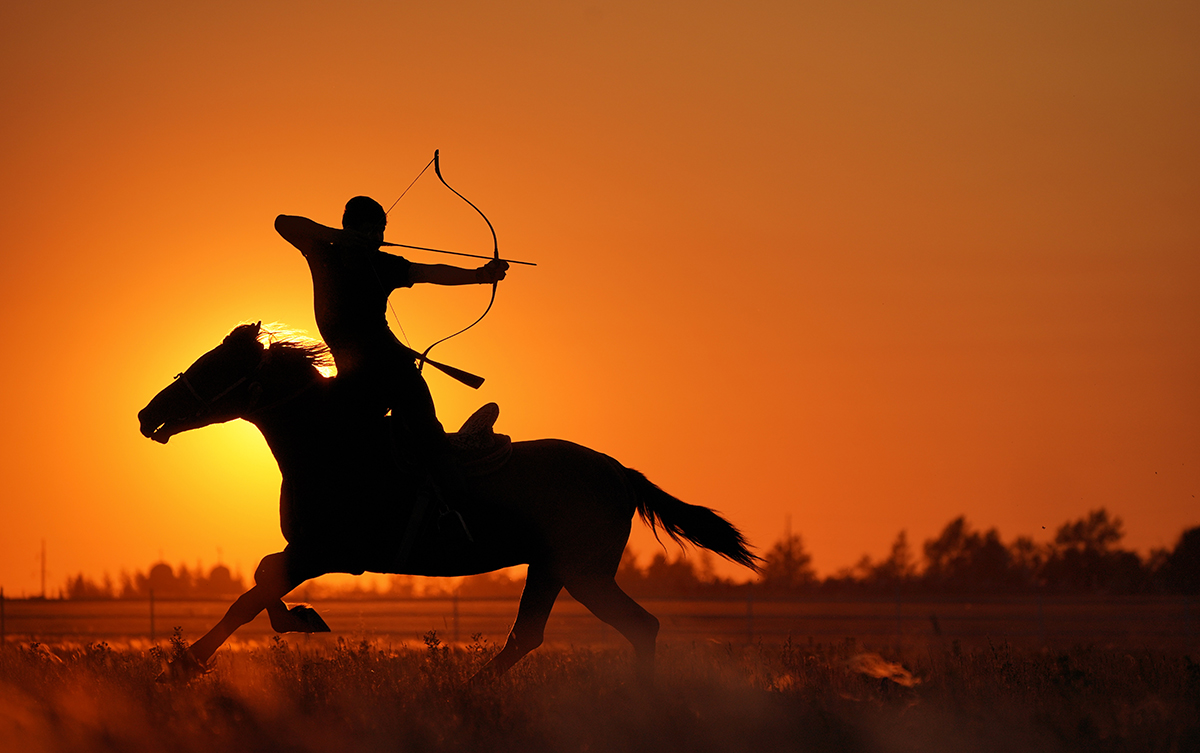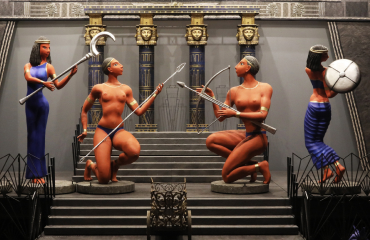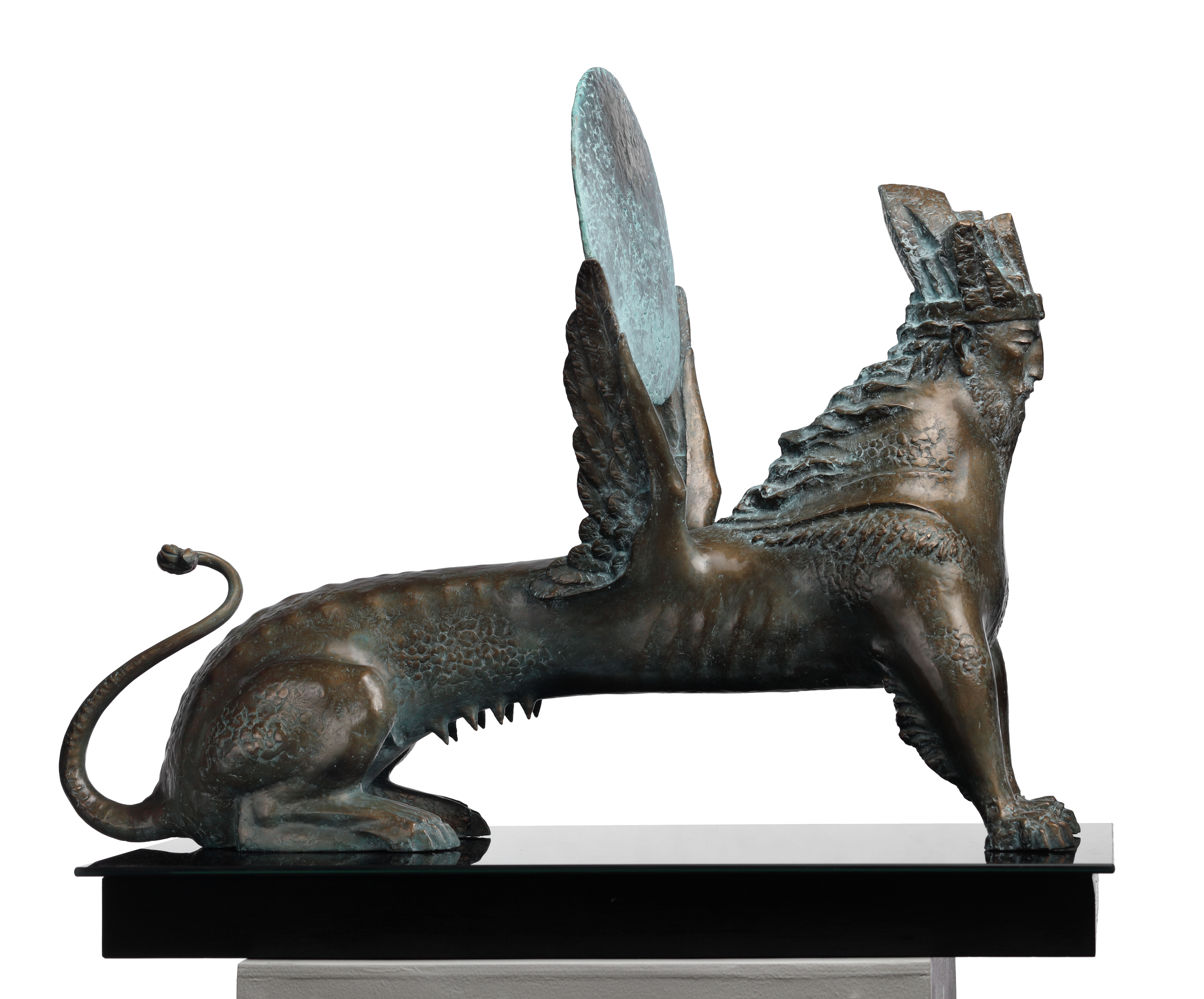On 29 March within the Second International Film Festival of Short Films About Painting "Erarta MOTION PICTURES'14" the museum will show the "Playtime" programme by the Austrian curator Wiktoria Pelzer.
The Austrian curator Wiktoria Pelzer believes that in film everything is about movement and about the moments when movement stops. Though film itself is a medium of still pictures — only through the performance of a film projection the film reveals its movement.
The production of an animated film relates even more to the connection between painting/graphic art or "dead" objects and the moving picture. Every frame has to be constructed, built and shaped exactly. There should be no movement in the first place. Every very easy looking movement in an animated film is a result of very exact and strict planning.
It is fascinating that especially animation can give the viewer this illusion of very smooth movement — however, it achieves it in the most difficult way.
The films have been chosen for the program relate to painting in very different ways — of course there is the painting on glass technique — masterly done by Georges Schwizgebel, and painting on canvas like Theodore Ushev.
Then there are films that reference to other painters or pictures the "blockbusters" of classical painting — like Caspar David Friedrich, or the medieval paintings of saints and martyrs, up to the "Girl with a Pearl Earring". The authors try to build something new between the pictures or collage them in a very unusual way.
The third way is the very filmic one — like Steven Woloshens "Playtime" — painting on the filmmaterial, or Andrew Bustis piece in which every single frame is be a beautiful abstract painting — which evolved from destroying the material in fact.
And then there is conceptual art — like Richard Negre's piece "One Painting per day" — his way of "writing" a diary.
The genres of the films are very divers — and this is also something that interests me a lot: how can the constellation of works, that have never been meant to stand side by side in one program, can influence the perception of the audience.
And of course a bit of laughing, a bit of tapping your feet and then diving into abstract worlds should always belong to a short film programme experience!
The programme includes:
- One second per day. Director: Richard Negre. France, 2011, 7'00''
- Extracorpus. Director: Augusten Gimel. France, 2004, 9'30''
- Between C, D и F. Director: Julia Oschatz. Germany, 2006, 1'30''
- Die Spektakelmaschine (We won't break). Directors: Mirjam Baker and Michael Kren. Music: "Zoot Woman". Austria, 5'00''
- In transit. Director: Reinhold Bidner. Sound: Richard Eigner. Austria, 2009, 6'00''
- La perle. Director: Marguerite Lantz. France 2006, 5'00''
- Nightingales in December. Director: Theodore Ushev. Canada, 2011, 3'00''
- JEU. Director: Georges Schwizgebel. Switzerland 2006, 3'50''
- At Hand. Andrew Busti. USA 2005, 9'38''
- Lucia. Directors: Nilles Atallah, Cristobal Leon, Joaquin Cocina. Chile 2007, 4'00''
- Playtime. Director: Steven Woloshen, Canada 2009, 4'00''
- Feels like we only go backwords. Director: Becky Sloan, Joseph Pelling. GB 2013, 3'12''
- Double Fikret. Director: Haiyang Wang. China 2012, 3'00''
Running time — 64''.













